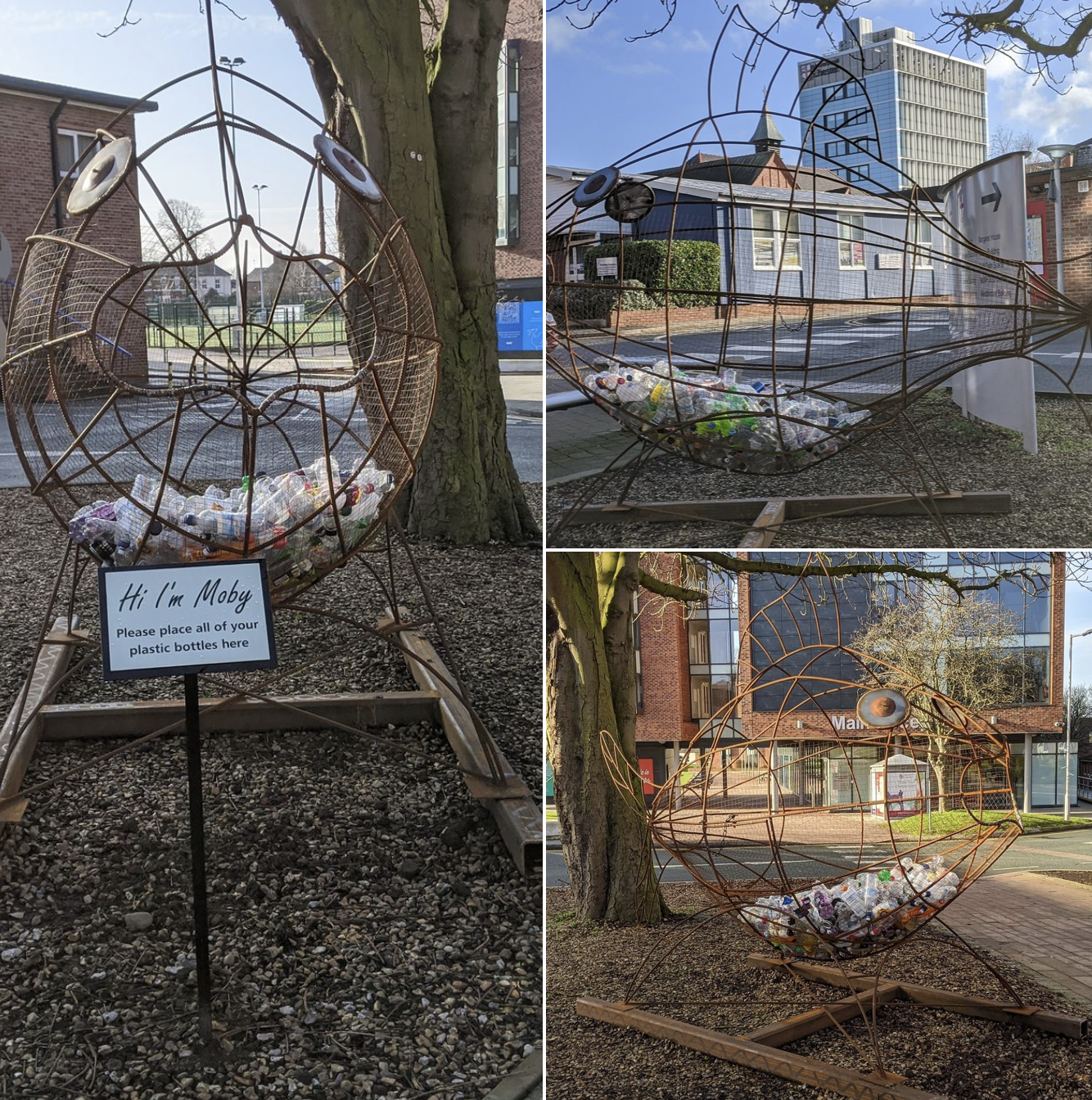(List #101) Approaches to Sustainable Energy
How business schools are approaching the topic of energy in the curriculum, research and on campus.

This week, List focuses on the topic of energy, in the curriculum, degree programmes and on campus.
1.ENERGY EDUCATION FOR ALL
Commons for Future, launched in the spring of 2022 by ESCP Business School in France and the Carbon 4 Academy, is an open-access, digital platform provided under a Creative Commons license which makes available the course materials of Energy, Business, Climate & Geopolitics to all ESCP students and the broader business and academic communities. The course material includes content on climate change, energy access, carbon accounting, the electricity market, carbon neutrality and business adaption.
2. ENERGY FOR THE FUTURE
In 2019, the Warsaw University of Technology Business School introduced a one-year postgraduate programme developed in collaboration with the Institute of Renewable Energy called Renewables in Business. The programme aims to provide participants with valuable insights into the energy sector’s economic conditions and energy cost reduction potential. In addition to providing a comprehensive overview of the renewable energy sector, students learn how to develop feasibility studies and to promote sustainable practices within energy projects.
3. ENERGY IN THE COMMUNITY
Kingston Business School ENERGISE Project and Kingston Living Lab SME are helping Small and Medium-sized Enterprises (SMEs) to reduce their carbon footprint and make financial savings by encouraging them to rethink their practices around energy use. The project, which runs over three years, supports SMEs to experiment with new practices for keeping workplaces warm, while data is gathered to address important research questions related to sustainability and energy research. A previous ENERGISE project was focused on encouraging households across Europe to adopt new habitual practices to reduce their consumption.
4. ENERGY AND RESEARCH PARTNERSHIPS
LUT University in Finland’s strategy focuses on systems thinking – how clean energy, water and air are life giving resources for which they seek solutions with their technology and business expertise. LUT School of Energy System’s work has led to plans to build Finland’s first production plant for synthetic methanol, the pilot plant planned next to a cement factory in the same city as the University. In 2022, the school completed another project aimed at raising awareness of the use of green hydrogen as a viable energy vector for remote and rural communities. The project developed a business model.
5. ENERGY TRANSITION
Curtin University in Australia offers a postgraduate specialisation in Energy Transition for MBA students. The course, designed with industry, explores the response to significant changes within the energy sector, such as the transition from fossil fuels to renewable energy, as well as energy storage and distribution. The programme is led by Curtin’s Institute for Energy Transition which brings together artists, writers, biologists, geologists, engineers, physicists, philosophers and social scientists to learn from each other and look at energy in a new way.
This week last year...

Have a great week!
Giselle

